Colombia
The Colombian government and the leftist FARC rebel group have signed a historic peace agreement ending a five-decade war.
The agreement is the fruit of four years of arduous negotiations in Cuba between the two sides.
The two sides shook hands on the deal at a ceremony in the Cuban capital Havana, a move applauded by Cuba’s foreign minister whose government together with Norway facilitated the talks.
“The Colombian government and the FARC announce that we have reached a final, full and definitive accord … on ending the conflict and building a stable and enduring peace,” the two sides said in a joint statement read out in Havana by Cuban diplomat Rodolfo Benitez.
Under the terms of the deal, FARC will give up its armed struggle and join the legal political process.
Colombian President, Juan Manuel Santos said: “To have long lasting peace we have to guarantee that those raised as armed insurgents can reintegrate into the social and legal life of our country. Former FARC members, now disarmed, will be able to have access to the political life of our country, in a democratic way. They will have – as any other political organization – to convince the citizens with proposals and arguments to be elected.”
FARC’s cocaine-funded war has killed at least 220,000 people and displaced millions others.
It also took resource-rich Colombia to the brink of collapse.
The deal opposed by two former Colombian presidents needs to be voted on in a referendum before becoming law.
Colombians have meanwhile been celebrating the peace agreement described by president Santos as “the beginning of the end to the suffering, pain and tragedy of war”.
There are some Colombians though who are a bit skeptical about the terms of the agreement and whether FARC rebels will be ready to serve jail time for crimes they committed during the war.
FARC took up arms in 1964 to fight against deep economic and social inequalities. Funded by the cocaine trade and ransom from kidnappings, the group’s fighters increased to 17,000 by the end of the 1990s and they controlled large swaths of the country.
They were however dealt a heavy blow by Alvaro Uribe’s government from 2002 when he launched a US-backed offensive killing many guerilla leaders thus halving their ranks.




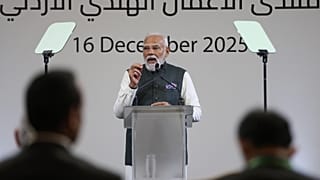
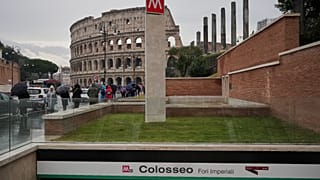
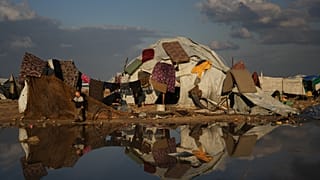
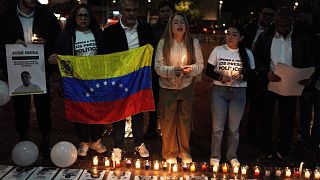
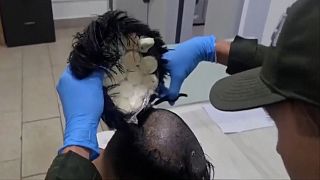
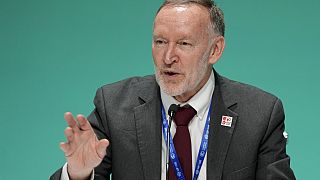
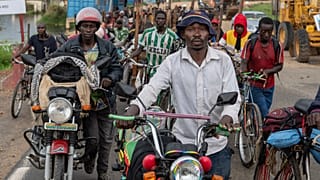

01:00
Peruvian Shamans call for calm in Amazon island dispute with Colombia
01:00
Pix of the Day: August 8, 2025
01:00
Pics of the day: October 15, 2024
01:20
Colombians of African descent march to support vice president
01:20
Prince Harry and Meghan meet with Afro-Colombian leaders to wrap up their first visit to Colombia
01:07
Messi's Argentina and James-led Colombia set for Copa America final showdown